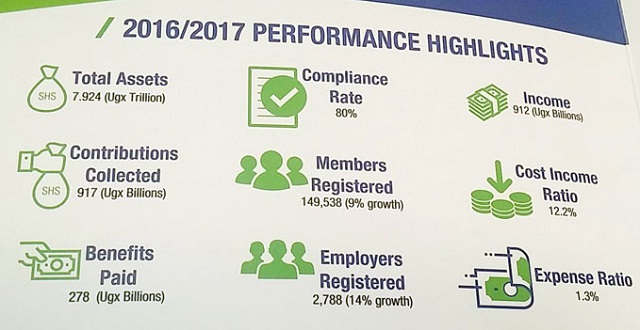
Nevertheless, Kibuuka says NSSF has in the recent years been doing well in terms of corporate governance and hopes that it will uphold the high standards not to be seen using its monopoly status to serve interests of management and not the members.
Commenting on the new development on a local television station, the NSSF Managing Director, Richard Byarugaba, said they will study the proposed amendments to the NSSF Act to ensure that their strategic plan is redesigned in a way that the Fund remains strong and members earn good return on their investment.
But a government official familiar with the pension sector told The Independent that NSSF should be forced under new reforms to outsource the investment function as one way of preventing negative repercussions that might come with political and corporate governance risks.
“You know politicians are looking at that money,” the official said, “It is important that it is invested by an independent institution which cannot easily be compromised.”
Currently about 15% of the NSSF’s investments are manned by independent entities – Fund Managers – leaving the bulky (85%) balance in the hands of the investment function inside the Fund to decide where to invest it.
Going forward, Mukwaya [the minister] said that old age poverty remains a key challenge in Uganda today where about 29% or 406,000 of the I.4 million older persons are considered poor.
“This is a challenge that we must all tackle,” she said, adding, “Tackling old age poverty starts with planning during working age life… I therefore, would like to urge all workers in the country to start planning for their retirement.”
 The Independent Uganda: You get the Truth we Pay the Price
The Independent Uganda: You get the Truth we Pay the Price


